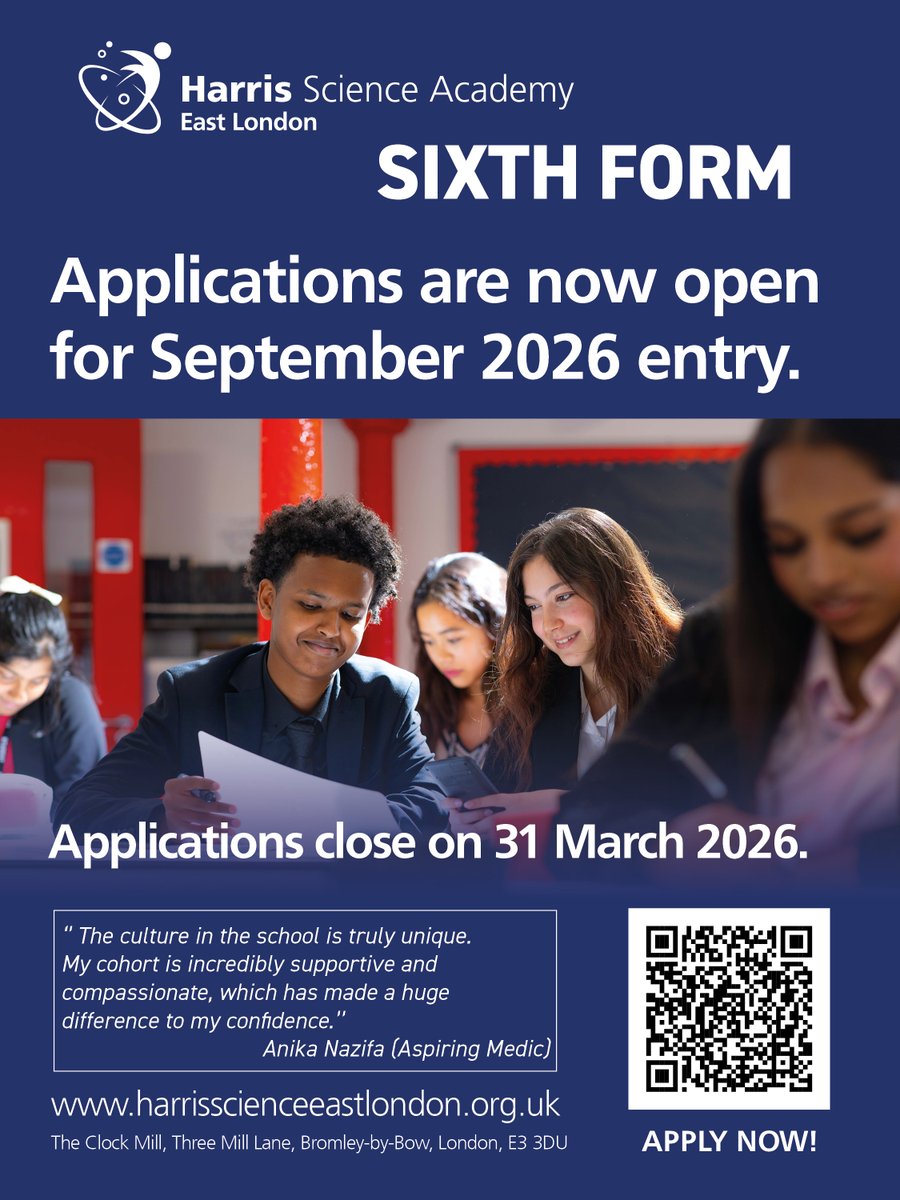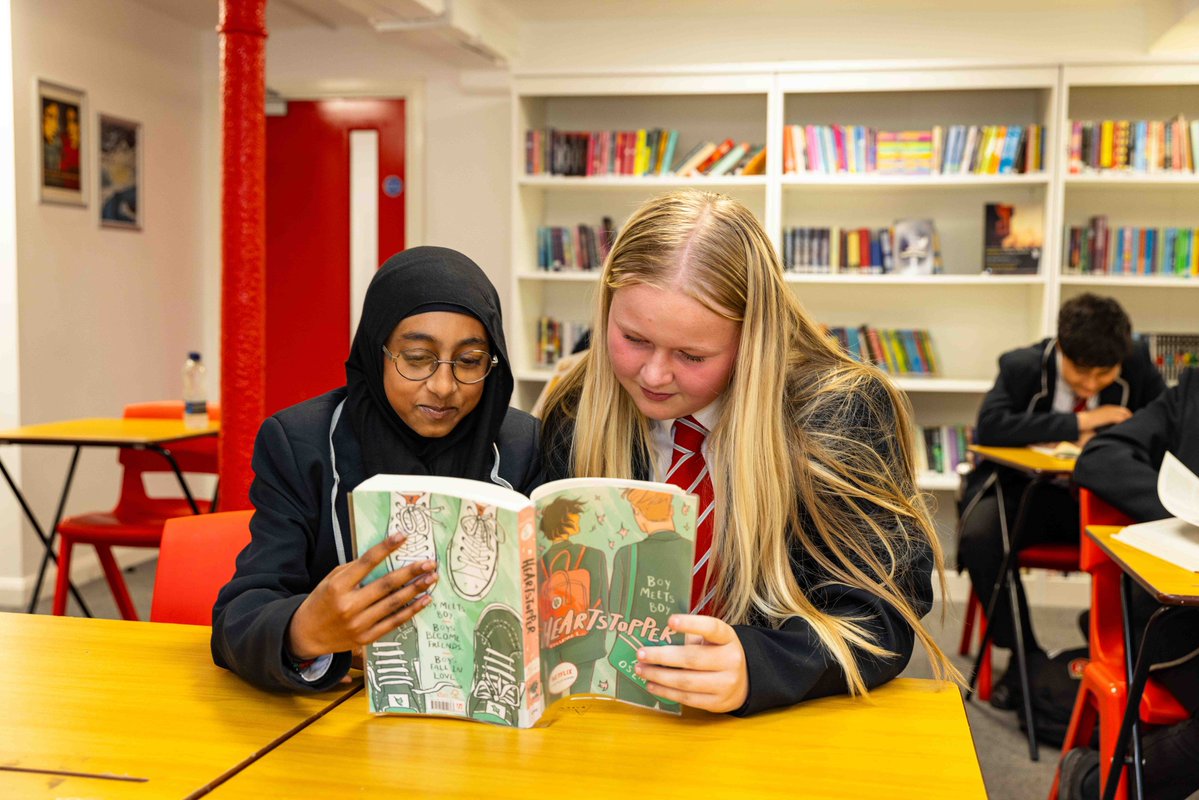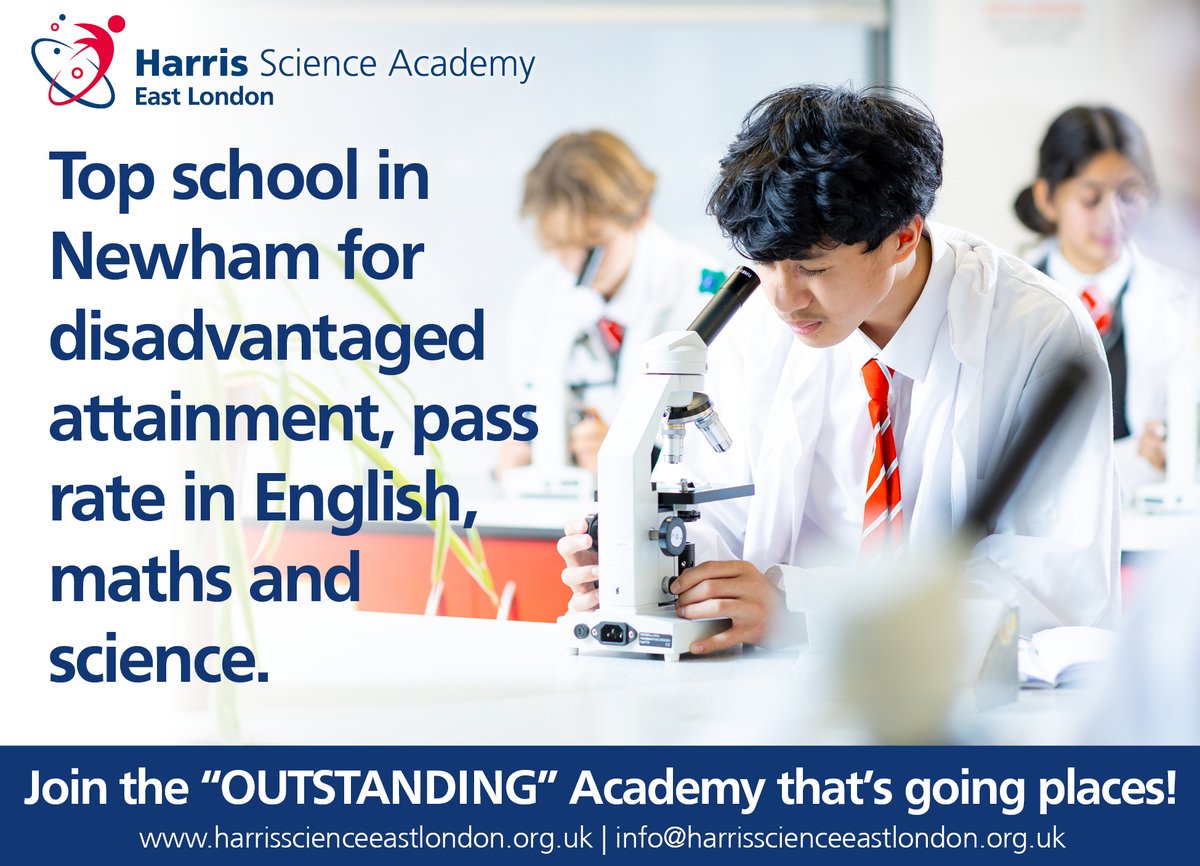Core Subjects
Mathematics
Why is it important to study Maths? Journey into the fascinating world of numbers and problem-solving with AQA’s GCSE in Mathematics! This brochure serves as your gateway to an exciting educational experience, tailored for students seeking a robust foundation in mathematics and a pathway to numerous future opportunities.
AQA’s distinctive syllabus is designed to provide students with a comprehensive understanding of mathematical principles and applications. Delve into algebra, geometry, ratio and proportion, number and statistics with a curriculum crafted to foster analytical thinking and problem-solving skills.
Discover the distinctive elements that set AQA’s Mathematics GCSE apart. Engage in real-world problem-solving scenarios, practical applications of mathematical concepts, and a holistic approach that goes beyond textbook learning. From mastering mathematical techniques to applying them in practical situations, AQA’s syllabus is your key to a well-rounded mathematical education.
For full course outline and assessment details please see our GCSE options brochure here.
English Language
Why is it important to study English Language? Although English is a compulsory subject, it is essential to understand its importance in your education. You will leave Year 11 with two English GCSEs, one of them in English Language. Regardless of your future career, English Language is essential in supporting your success as it develops critical and analytical thinking, skills around interpreting information and forming an argument, and understanding how to express your views and ideas. Whichever career you choose to enter, success in English will be highly valued.
As you study for your AQA English Language qualification, you will draw upon a range of texts as reading stimulus. You will have opportunities to develop higher-order reading and critical thinking skills that encourage you to explore different topics and themes, and you will learn to evaluate texts critically and synthesise information from multiple texts. Beyond this, the creative writing component is an exciting opportunity for you to demonstrate your own story telling skills and to share your own opinions in the creative non-fiction writing task. The spoken assessment is further opportunity for you to convey your own ideas on a topic that you passionate about, while refining your verbal communication skills.
For full course outline and assessment details please see our GCSE options brochure here.
English Literature
Why is it important to study English Literature? Although English is a compulsory subject, it is essential to understand its importance in your education. You will leave Year 11 with two English GCSEs: one in English Language, and one in English Literature. Regardless of your future career, English is essential in supporting your success as it develops critical and analytical thinking skills, skills defending an argument, and being able to quickly interpret information and formulate an argument. Whichever career you choose to enter, success in English will be highly valued.
AQA’s English Literature component is an exciting opportunity to explore a range of classic literature in an array of formats. The poetry unit allows you to explore ideas surrounding society and conflict, while also honing your analytical skills in unseen poetry. The 19th century novel is an opportunity to delve into the Victorian streets of London, and studying Shakespeare is an exciting exploration of life under King James I. The study of literature is the study of society and following our own society’s journey from the 1600s to today.
Beyond the study of societies past and present, Literature offers opportunities to further develop analytical skills as well. You are encouraged to think conceptually and develop your own interpretations of texts. You should be analysing the information presented to you and crafting a coherent argument. In the poetry unit, you are able to synthesise information presented to you from two poems and compare the poets’ ideas. Overall, Literature is an exciting opportunity to learn about the world around you, and to build the skills to think critically about it.
For full course outline and assessment details please see our GCSE options brochure here.
Religious Studies
Would a loving God ever send people to hell?
Why is the Bible the most popular book in the history of the world?
Who was the Prophet Muhammad and what was his message?
Is it every okay to drop nuclear weapons on an enemy?
Modern Britain is one of the most diverse places in the world. GCSE Religious Studies provides students with the skills to navigate through this society. The course creates students who are informed, articulate and compassionate towards others around them.
Throughout GCSE Religious Studies, students will be challenged with questions about belief, values, meaning, purpose and truth, enabling them to develop their own attitudes towards religious issues. Students will also gain an appreciation of how religion, philosophy and ethics form the basis of our culture. They will develop analytical and critical thinking skills and the ability to work grapple with abstract ideas.
The course increases students’ awareness of the beliefs of people around them whilst challenging students to consider beliefs of others outside their family or community.
For full course outline and assessment details please see our GCSE options brochure here.
Combined Science
Why is important to study Science: Studying AQA Combined Science offers a comprehensive exploration of fundamental scientific principles, preparing students for a diverse range of future endeavors. With a focus on both biology and chemistry, this curriculum equips learners with invaluable skills in critical thinking, problem-solving, and experimental design.
Throughout the course, students delve into captivating topics such as cell biology, ecology, atomic structure, chemical reactions, and organic chemistry. By engaging with these concepts, learners not only gain a deep understanding of the natural world but also develop the ability to analyze complex systems and draw evidence-based conclusions.
Moreover, AQA Combined Science cultivates practical skills through laboratory experiments and investigations, honing students’ ability to collect, analyze, and interpret data. These hands-on experiences foster curiosity and creativity, encouraging students to explore scientific phenomena firsthand.
Ultimately, studying AQA Combined Science provides a solid foundation for further education and careers in various fields, including medicine, engineering, environmental science, and more. Whether aspiring scientists or simply curious minds, students benefit from the breadth and depth of knowledge offered by this dynamic curriculum, empowering them to make informed decisions and contribute meaningfully to society’s scientific advancement.
For full course outline and assessment details please see our GCSE options brochure here.
German
Why is important to study German: Embarking on the journey of learning German is not just about mastering a language; it’s like unlocking a world of countless, exciting possibilities for your studies, career, and future adventures! Learning a Modern Foreign Language will help you succeed in your other subject areas because leaning another language helps improve your problem-solving skills and sharpens your memory. Learning German will also help with your communication skills and confidence both in and out of the classroom. German is not only a key language in the fields of science, technology, and engineering, but also holds prominence in philosophy, literature, and the arts. Proficiency in German can enhance career prospects, such as a higher salary, promotions, and opportunities to travel and live abroad. Imagine effortless communicating with colleagues and clients within a multinational company or enhancing your holiday experience due to your knowledge of the German language and culture.
Learning German becomes a powerful tool by enhancing your school performance, providing a unique edge in various subjects, and ultimately contributing to a well-rounded education. So, envision being the go-to person with language superpowers, not just in class, but also on the international stage of innovation and collaboration. Learning German is not just a skill; it’s your passport to a world of endless opportunities and fun discoveries!
For full course outline and assessment details please see our GCSE options brochure here.























